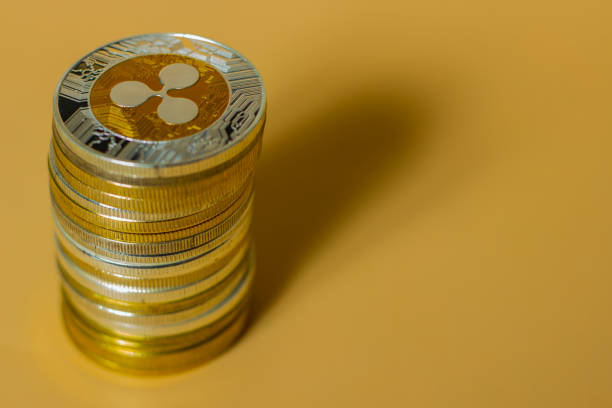In the ever-evolving landscape of blockchain and digital finance, Gumi Inc., a leading force in the Japanese mobile gaming industry, has made headlines with its recent decision to invest significantly in XRP. This strategic move underscores the growing intersection between gaming and blockchain technology, reflecting a broader industry trend toward embracing digital currencies. In this comprehensive exploration, we delve into Gumi’s investment strategy, the implications for XRP in the gaming sector, and the expanding role of cryptocurrencies in global markets.
Gumi’s Strategic Investment in XRP: A New Chapter in Blockchain Gaming
The Intersection of Gaming and Blockchain: Gumi’s Bold Move
On August 29, Gumi announced its plan to acquire $17 million worth of XRP, signaling its commitment to integrating blockchain technology into its business model. This acquisition isn’t merely an investment but a strategic entry into the XRP ecosystem, known for its robust cross-border payment and liquidity solutions. Gumi’s alignment with SBI Holdings, a notable supporter of Ripple and XRP in Japan, further solidifies the asset’s role in the Japanese financial landscape.
Gumi’s decision marks a pivotal moment in the gaming industry, highlighting the sector’s potential to leverage blockchain technology for innovative solutions. By investing in XRP, Gumi aims to enhance its position at the forefront of digital finance and gaming, tapping into the rapidly expanding digital economy where cryptocurrencies are becoming increasingly intertwined with entertainment and financial services.
What This Means for the Crypto Community and Gaming Sector
Industry observers have responded positively to Gumi’s investment, interpreting it as a sign of Japan’s gaming industry’s growing acceptance of blockchain-powered assets. Influencers like ‘BankXRP’ anticipate that Gumi’s integration of cryptocurrency could revolutionize in-game transactions, offering fast and cost-effective XRP transfers that enhance the gaming experience. This integration could position Gumi as a trailblazer in merging blockchain mechanics with gaming, solidifying its standing in both sectors.
XRP’s Broader Adoption: VivoPower Joins the Movement
In a related development, VivoPower, an international battery and electric vehicle services provider, has launched an initiative to offer XRP incentives to shareholders. On August 28, the company announced a partnership with Crypto.com, providing shareholders with a $100 XRP bonus. This initiative reflects a growing trend among non-crypto companies to incorporate digital assets into their strategic frameworks.
For Crypto.com, this collaboration represents a strategic opportunity to attract new users, while VivoPower leverages XRP bonuses as an engagement tool. This move highlights the expanding adoption of XRP beyond traditional remittances, showcasing its versatility in different industries.
Is XRP a Good Long-Term Investment?
XRP has positioned itself as a leading cryptocurrency with its strong presence in cross-border payments and liquidity solutions. However, potential investors should conduct thorough research, considering market trends, regulatory changes, and technological advancements before committing to a long-term investment in XRP.
How Does Gumi’s Investment Affect the Gaming Industry?
Gumi’s investment in XRP signals a significant shift in the gaming industry, indicating a readiness to embrace blockchain technology for enhanced in-game transactions and experiences. This move could pave the way for other gaming companies to explore similar integrations, further intertwining gaming with digital currencies.
What Are the Risks Associated with Cryptocurrency Investments?
Investing in cryptocurrencies, including XRP, involves risks such as market volatility, regulatory changes, and technological challenges. Prospective investors should assess these factors, diversify their investment portfolios, and consult with financial advisors to mitigate potential risks.
As Gumi and VivoPower’s initiatives illustrate, the integration of cryptocurrencies into mainstream industries is steadily gaining momentum. By adopting digital currencies like XRP, companies are not only exploring new revenue streams but also positioning themselves at the forefront of an evolving financial ecosystem, marked by innovation and technological advancement.

